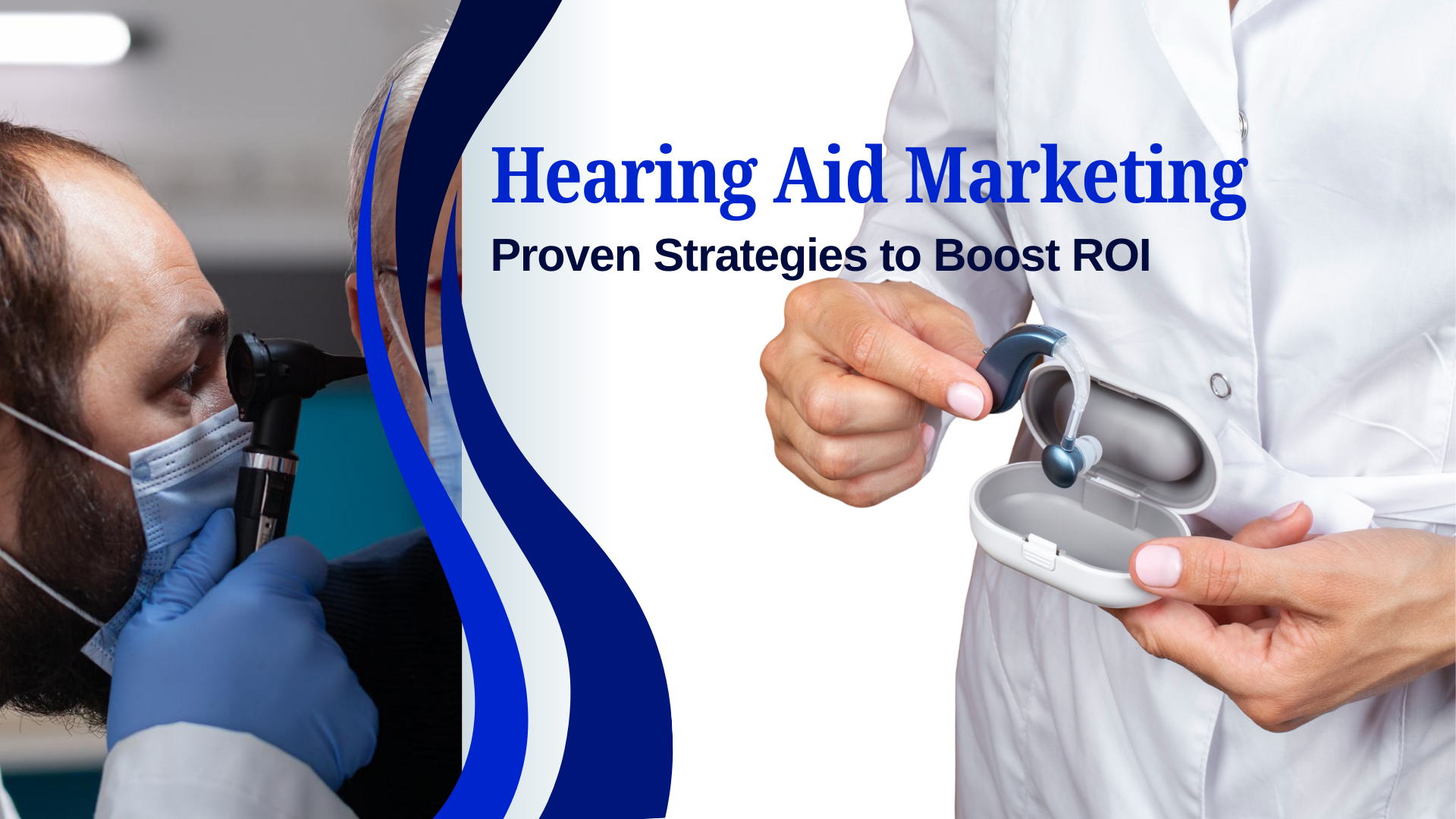Reaching doctors effectively requires a strategic balance of education, trust, and value alignment. In B2B hearing aid marketing, brands must position themselves as credible partners—offering insights, not just products.
The next step is understanding how to bridge knowledge gaps and strengthen those professional connections.



